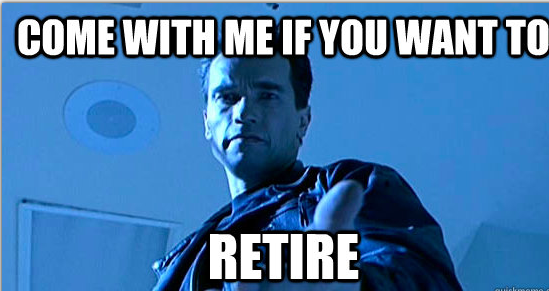Like some other CT bloggers, I’m long past the age where I could plausibly claim to be in touch with modern popular music, and rapidly approaching the ‘there’s nothing new that sounds at all interesting’ stage of advanced cultural decrepitude. I mostly listen to the stuff that I was listening to in my late teens and early 20’s. But not all of it. Some music that I thought was wonderful then, I still think is wonderful. Some … not so much. Some music that I didn’t listen to then that I ought to have. Some music that I liked and still like has gone on to be pretty influential, while other music seems to be completely forgotten. So – consider this an open thread on music (for those of us who have reached early middle age or later) from your generation that survives for you, or that ought to be revived, or (alternatively, for less senescent readers) on music from earlier decades that you like, or music from this decade that you think/hope will survive. To start things off:
Music that has (at least sort of) survived, and that deserved to: My Bloody Valentine (obviously), The Smiths (I used not like them, preferring the Cure, whose music I now find insufferable), Pulp, Primal Scream. Music that hasn’t survived, and that ought to have – The Boo Radleys (Giant Steps), The Blue Aeroplanes (Swagger, Beatsongs), the House of Love (Babe Rainbow, their masterpiece, received startlingly bad reviews at the time). Dance music I have less to say about, because the genre I liked the most – drum’n’bass – appears to have disappeared almost in its entirety, while the other people I liked (Amon Tobin; the various incarnations of Kieran Hebden; Bonobo) are still around more or less doing what they always did.
Disagreements? Alternative suggestions? Comments are open …



